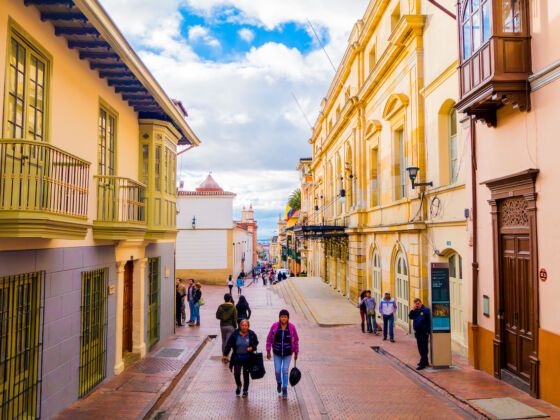Organizational Overview
Being a delegate with Witness for Peace is one of the most unique and interesting travel experiences available to the passionate, social justice minded traveler. Witness for Peace hosts groups of American delegates interested in creating peace, justice and sustainable economies in the Americas by learning about and working to change U.S. policies and corporate practices that contribute to poverty and oppression in Latin America.
